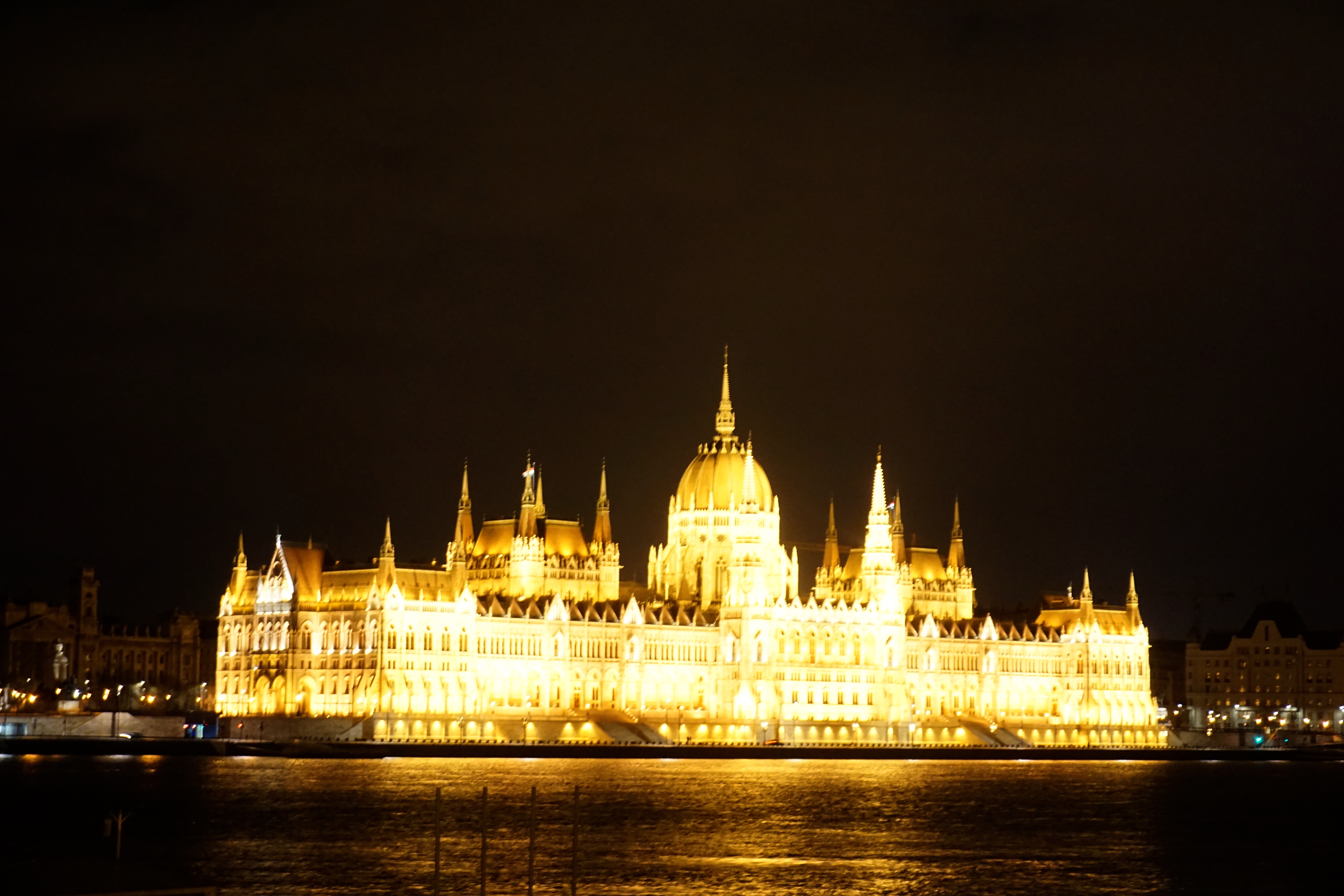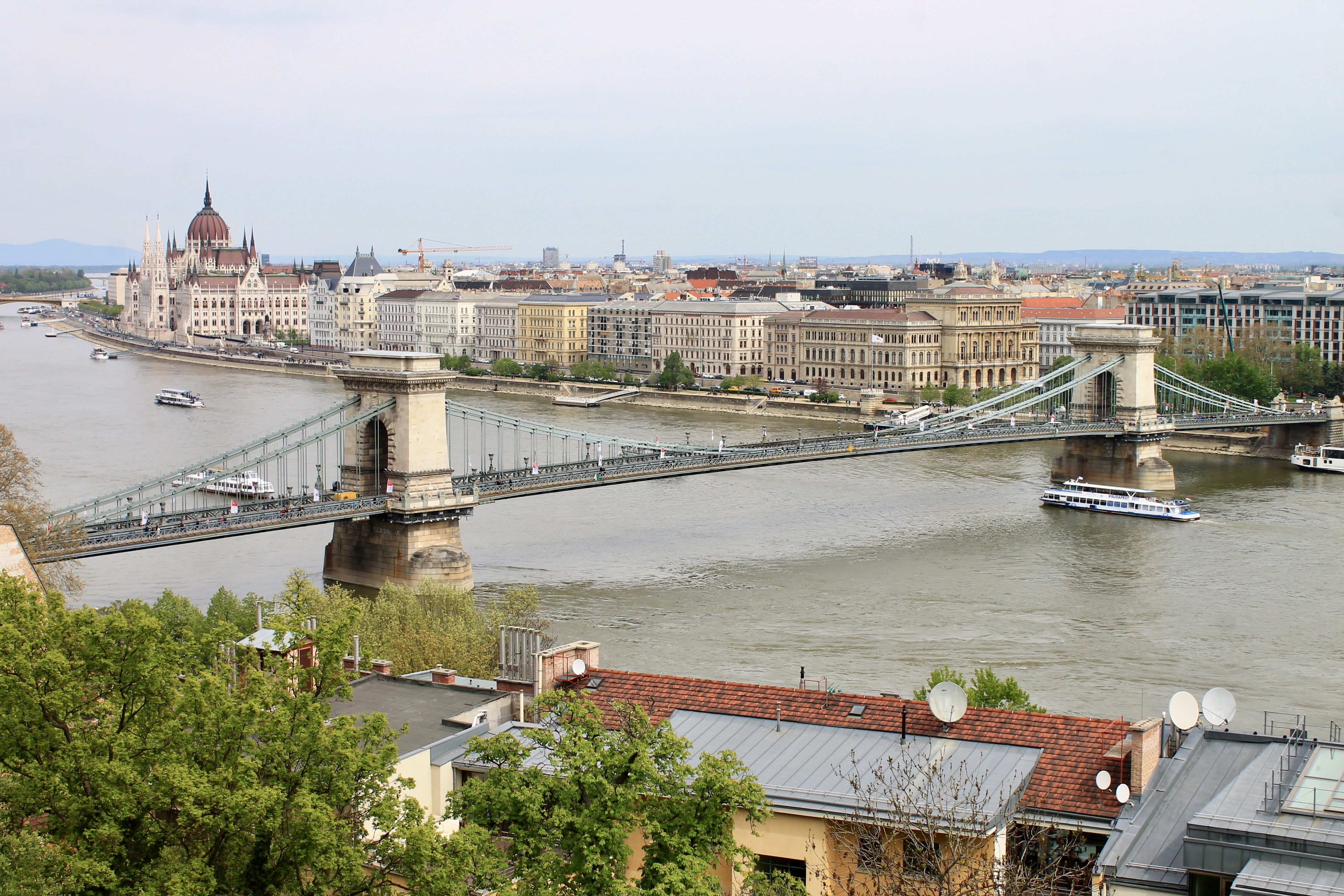by Ian Mcgrail | Nov 24, 2019 | Salem State University
Hungary’s prime minister Viktor Orban is a well-established populist and a wolf in sheep’s clothing when it comes to democratically elected leaders. His reputation and recent actions as an authoritarian, anti-immigration candidate, and “Trump-like” leader are also...

by Simon Machalek | May 2, 2019 | Georgetown University
The Visegrad Group, also known as V4 — a cultural and political alliance of the Czech Republic, Hungary, Poland and Slovakia — used to be seen as a prime example of how countries with an authoritarian past could be drawn into the liberal and democratic Western style...

by Takatoshi Sawayama | Apr 10, 2019 | Boston University
While Western European countries are in a political turmoil, some Central and Eastern European countries face an even graver crisis. Bolstered by skepticism with regards to the European Union, which has been perceived to have failed to sufficiently deal with the...

by Brady Mokrzycki | Apr 8, 2019 | Boston University
Since being elected prime minister of Hungary in 2010, Viktor Orban and his regime have implemented stealth authoritarian tactics to protect and consolidate power. Although Hungary is considered to be a parliamentary, representative democratic republic, in this blog...

by John Barrett | Apr 3, 2019 | Saint Louis University
Since Prime Minister Viktor Orbán and his Fidesz party took control of Hungary’s government in 2010, they have increasingly made strides towards limiting the prospects of democracy in the country. These moves, however, have gone relatively unchecked by their neighbors...






